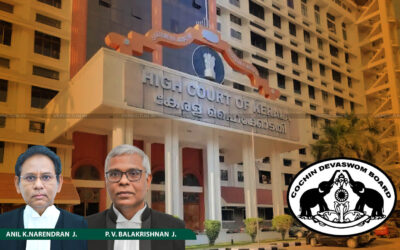BNS Section 233 – Using evidence known to be false
The Indian Penal Code (IPC) Section – 196
Understanding BNS-233: Using Evidence Known to Be False
Using false or fabricated evidence in a judicial proceeding is a serious offense. BNS-233 is a legal provision that penalizes individuals who knowingly use such evidence. Let’s break this down in simple terms.
What is BNS-233?
BNS-233 is a law that punishes individuals who knowingly use false or fabricated evidence in a judicial proceeding. The punishment is the same as for giving or fabricating false evidence.
Key Elements of BNS-233
To understand this law, let’s look at its main components:
| Element | Description |
|---|---|
| False or Fabricated Evidence | The person must use evidence that they know is false or fabricated. |
| Judicial Proceeding | The false evidence must be used in a judicial proceeding. |
| Intent | The person must knowingly use the false evidence with the intent to deceive. |
Punishment Under BNS-233
If someone is found guilty of this offense, they can face the following punishments:
| Punishment | Details |
|---|---|
| Same as Giving or Fabricating False Evidence | The offender will be punished as if they had given or fabricated false evidence. |
Legal Procedure for BNS-233
Here’s how the legal process works for this offense:
| Aspect | Details |
|---|---|
| Cognizable or Non-cognizable | Non-cognizable (police cannot arrest without a warrant). |
| Bailable or Non-bailable | Depends on whether the offense of giving or fabricating false evidence is bailable or non-bailable. |
| Court Jurisdiction | The case is tried by the court that has jurisdiction over the offense of giving or fabricating false evidence. |
Why is BNS-233 Important?
This law is crucial for the following reasons:
- Ensures Integrity: It ensures the integrity of judicial proceedings by penalizing the use of false evidence.
- Prevents Manipulation: It discourages individuals from using fabricated evidence to influence legal outcomes.
- Protects Justice: It safeguards the justice system by ensuring that decisions are based on truthful and accurate evidence.
Key Takeaways
- BNS-233 applies to individuals who knowingly use false or fabricated evidence in a judicial proceeding.
- The punishment is the same as for giving or fabricating false evidence.
- The case is non-cognizable, and its bailability depends on the offense of giving or fabricating false evidence.
- The case is tried by the court that has jurisdiction over the offense of giving or fabricating false evidence.
Example Scenario
Let’s take an example to understand this better:
- Case: A person knowingly presents a fabricated document as evidence in court to support their case.
- Outcome: The person can face the same punishment as for giving or fabricating false evidence, which could include imprisonment and a fine.
Final Thoughts
BNS-233 is an important law that ensures the integrity of judicial proceedings by penalizing the use of false evidence. If you ever come across someone knowingly using false evidence, remember that the law is there to address such misconduct.


